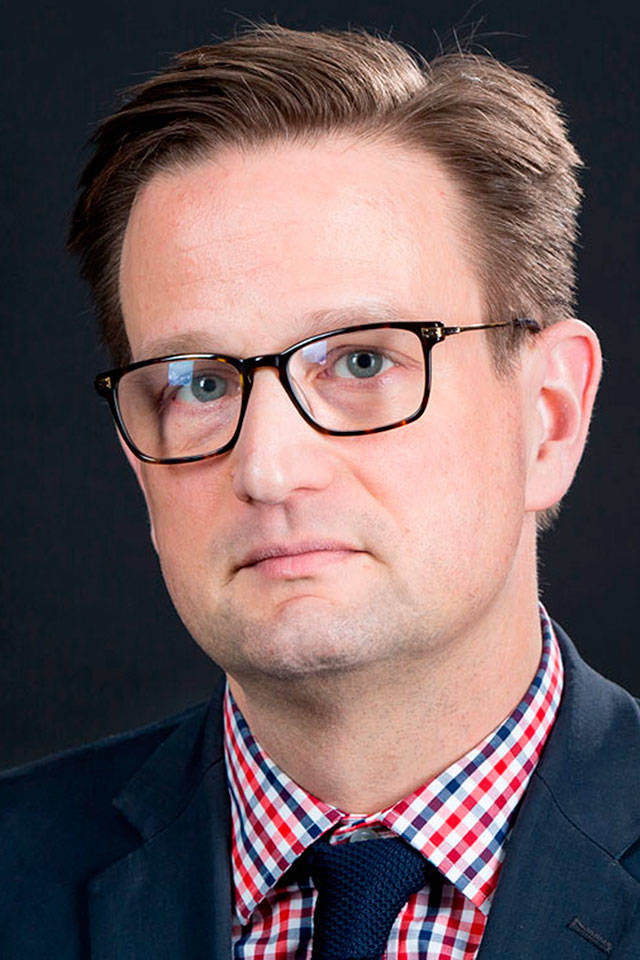We were on the way to ballet rehearsal. It’s my favorite 30 minutes of the day. It’s a chance to break away from work, and to touch base with my only child. She’s 14 now. And it won’t be long before she’s driving herself. I treasure these moments.
“So,” I asked her. “How was school today?”
“We were arguing about whether we’re more likely to die from World War III or climate change,” she said.
Her response stopped me cold, but I guess I shouldn’t have been surprised.
With the dogs of war straining at the leash, the missiles flying in Iran, and our bellicose and unstable commander-in-chief lurching from one scarcely believable justification to the next, the prospect of another American forever war on the other side of the globe didn’t seem all that far-fetched.
First up, I disabused her of the notion that any of her classmates might be drafted, reassuring her that there was no such movement afoot on Capitol Hill. Nor would there likely ever be one. The American military remains an all-volunteer force comprised not of the nation’s elite, but of the sons and daughters of Main Street America. Trump’s voters. Some of my daughter’s classmates — if they ever heed the call to serve — may well be among them.
She seemed relieved at that news. Talking to her about the threat of climate change was another matter entirely.
It seemed to me there were decades remaining before the Earth might ever be rendered uninhabitable because of climate change, I offered. Which didn’t mean that we shouldn’t do all we can right now, I added.
“But Australia is burning,” she countered, her brown eyes wide with alarm, anger creeping into the edges of her voice.
She had me there. I’d seen the photos of scorched koalas and dead kangaroos. The endless walls of flame. It’s difficult to find the words to describe the scale, and the scope, of the ecological and human catastrophe that’s unfolding on the other side of the world.
As of this writing, NPR was reporting that a hellish “megafire” comprising an unfathomable 1.5 million acres, an area three times larger than any known brush fire in California, had taken shape in New South Wales and Victoria, the country’s most populous states.
That’s on top of the 135 bushfires in southeastern Australia that have left at least 26 people dead, killed more than 1 billion animals and damaged or destroyed nearly 3,000 homes.
Writing in the New York Times, columnist Paul Krugman observed that, in a more rational time, the fires, which have been partially a result of climate change, “would have represented a turning point.”
“After all, it’s exactly the kind of catastrophe climate scientists long warned us to expect if we didn’t take action to limit greenhouse gas emissions,” he wrote. “In fact, a 2008 report commissioned by the Australian government predicted that global warming would cause the nation’s fire seasons to begin earlier, end later, and be more intense — starting around 2020.”
And all this got me to thinking about the world that we’re bequeathing to my daughter and her classmates.
While much is better about the planet, there’s still much to be concerned about. And the threat of an uninhabitable globe should lead us to a united search for solutions, not juvenile taunts hurled at a teenager by one of the most powerful people on Earth. Even one dead child in an elementary school classroom should motivate us to find ways to reduce violence, not watch hopelessly as more bodies pile up.
I’m still firm in my belief that it’s not too late for us to shrug off all that divides us, and to work together to fight these existential threats.
But that means having a nation that engages with the global community not denigrates it; one that rejects the false choice that less gun violence somehow means fewer rights; and one that doesn’t stare each over the trenches, each irrevocably convinced that its way is the only way.
My daughter — and all our children — deserve far better answers than the ones we’ve been giving them.
An award-winning political journalist, John L. Micek is Editor-in-Chief of The Pennsylvania Capital-Star in Harrisburg, Pa. Email him at jmicek@penncapital-star.com and follow him on Twitter @ByJohnLMicek.



